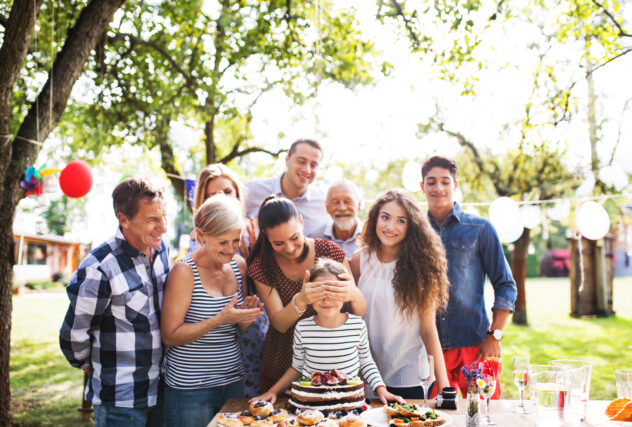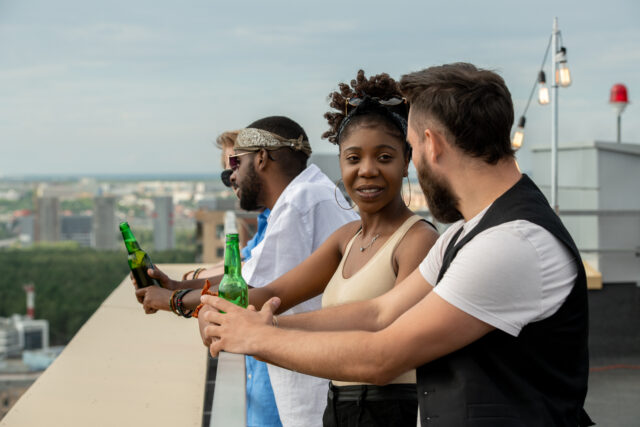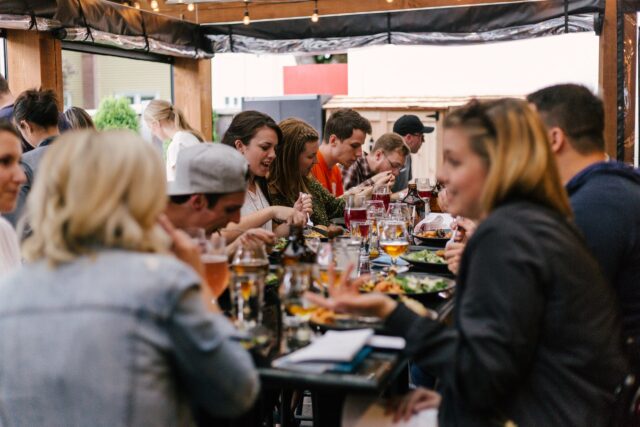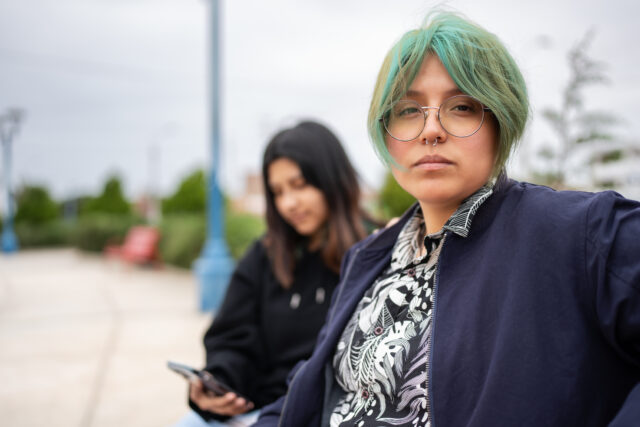Do you feel absolutely knackered after a night out or a long catch-up with your friends?

It happens to me too — and a lot of other people, for that matter. Post-social exhaustion is definitely a thing, no matter how good of a time you had. Here’s why being around people can be so draining sometimes.
1. You’re constantly on high alert in social situations.

In social settings, your brain is working overtime to process information. You’re reading facial expressions, interpreting tone of voice, and trying to respond appropriately. This heightened state of awareness can be mentally draining, leaving you feeling worn out even after enjoyable experiences.
2. You’re putting on a ‘social mask’ to fit in.

Sometimes, we feel pressured to present a certain version of ourselves in social situations. This might mean acting more outgoing than you naturally are, or hiding aspects of your personality. Maintaining this ‘social mask’ requires effort and can be exhausting, especially if it’s far from your true self.
3. You’re dealing with social anxiety.

If you’re prone to social anxiety, then being around people and having to interact with them can be particularly draining. You might spend a lot of energy worrying about what other people think of you or overthinking your words and actions. This constant state of worry can leave you feeling utterly exhausted after socialising.
4. You’re an introvert in an extroverted world.

If you’re naturally introverted, you might find that socialising drains your energy more quickly than they do for extroverts. This doesn’t mean you don’t enjoy socialising, but you may need more alone time to recharge afterwards.
5. You’re not setting boundaries for your social time.

Without clear boundaries, social events can stretch on longer than you’re comfortable with. You might find yourself saying ‘yes’ to that extra drink or staying out later than you intended. This can leave you feeling drained and regretful the next day.
6. You’re experiencing sensory overload.

Busy social environments often come with a lot of sensory stimulation — loud music, bright lights, multiple conversations happening at once. For some people, especially those who are sensitive to sensory input, this can be overwhelming and lead to fatigue.
7. You’re not getting enough sleep before social events.
 Source: Unsplash
Source: Unsplash If you’re going into social situations already tired, you’re setting yourself up for exhaustion. Late nights out can disrupt your sleep schedule, creating a cycle of fatigue that’s hard to break. Prioritising good sleep before and after social events can make a big difference.
8. You’re consuming more alcohol than usual.
 Source: Unsplash
Source: Unsplash Alcohol might seem like a social lubricant, but it can actually contribute to fatigue. It disrupts your sleep patterns and can leave you dehydrated. The ‘hangxiety’ that often follows a night of drinking can also be emotionally draining.
9. You’re not eating properly during social events.

Social situations often involve irregular eating patterns. You might skip meals before going out, or indulge in foods you don’t usually eat. This can lead to blood sugar fluctuations and energy crashes, contributing to post-social fatigue.
10. You’re taking on other people’s emotions.

If you’re empathetic, you might find yourself absorbing the emotions of those around you. While this can make you a great friend, it can also be emotionally draining, especially if you’re dealing with other people’s problems or negative emotions.
11. You’re out of practice with socialising.
 Source: Unsplash
Source: Unsplash If you’ve been through periods of isolation or reduced social contact, getting back into socialising can be tiring. Like any skill, socialising takes practice, and you might find it more draining if you’re out of the habit.
12. You’re dealing with FOMO.
 Source: Unsplash
Source: Unsplash The fear of missing out can push you to overcommit socially. You might find yourself saying yes to every invitation, even when you’re already tired. This can lead to a packed social calendar that leaves you feeling exhausted.
13. You’re not balancing social time with alone time.
 Source: Unsplash
Source: Unsplash Everyone needs a balance of socialising and solitude. If you’re not giving yourself enough time to recharge between social events, you’re likely to feel increasingly fatigued over time.
14. You’re multitasking while you’re trying to socialise.
 Source: Unsplash
Source: Unsplash In our connected world, it’s common to be checking phones or thinking about work while socialising. This split attention can be mentally taxing and prevent you from fully enjoying and relaxing during social time.
15. You’re comparing yourself to other people.

Social situations can trigger feelings of comparison or inadequacy. You might find yourself mentally comparing your life, achievements, or appearance to those of your friends. This kind of negative self-talk is mentally draining and can leave you feeling exhausted long after the social event has ended.




